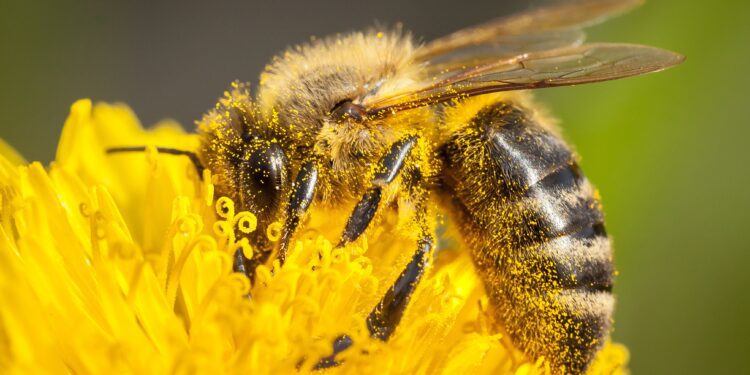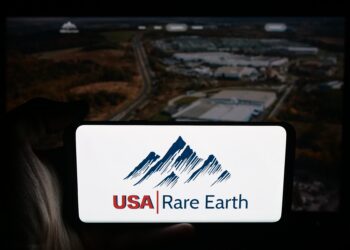Step outside on a summer day, and you might notice something missing: fewer bees buzzing between blossoms, fewer butterflies drifting above gardens, even fewer bugs splattering your windshield on long summer drives.
What was once an inevitable part of the season, the constant hum and flutter of insect life, has quietly faded to an eerie silence in recent years.
Scientists have also been noticing and documenting this shift, and they’ve discovered that around the world, insect populations are plummeting.
One study in Germany found that flying insect biomass has declined by more than 75% over just a few decades. In the U.S., butterfly numbers have dropped dramatically, with some monarch butterfly populations declining by 95%. Nearly a quarter of the 4,000 native wild bee species in America are inching toward extinction. And these are just the species we’ve been able to accurately measure.
This isn’t just a biodiversity issue. It’s a bona fide ecological crisis. Insects form the foundation of food webs. They pollinate our crops, feed birds and fish, break down organic matter and even help aerate soil. When insects suffer, the ripple effects can be seen in the populations of other species, the makeup of nearby meadows, and even the health of entire ecosystems. Without insects, food chains unravel, crops become more expensive, and the entire natural world grows quieter and less diverse.
One cause of insect decline stands out above the rest
There’s no single factor behind the “insect apocalypse.” Habitat loss, climate change, invasive species and pollution all play major roles in their decline. But one cause in particular stands out for just how widespread, harmful and often unnecessary it has proven to be. And that is neonicotinoid pesticides.
Neonicotinoids, known as neonics for short, are pesticides designed to attack the nervous systems of insects. They’re used heavily in gardening, landscaping and agriculture—in fact, today, an estimated 160 million acres of American farmland are being treated by these toxic chemicals. These pesticides are so harmful that they are largely responsible for a 48-fold increase in the toxicity of American farmlandssince neonics’ widespread commercial introduction in the 1980s.
So why are neonics so harmful? Well, neonics don’t just kill pests. They impair bees’ ability to fly, feed and navigate back to their hives. They harm butterflies, beetles and even aquatic insects when the chemicals leach into nearby streams. And they can linger in the soil and plants for years, meaning their impact spreads far beyond when and where they’re first applied.
Neonics are also often used to coat seeds, with 70-80% of corn, soy and cotton seeds being covered in these pesticides. Unlike spraying, this allows the chemicals to soak into the plant’s tissue, meaning the whole plant—roots, leaves, pollen and nectar—can become toxic to insects. This is especially problematic for bees, who may bring contaminated nectar or pollen back to their hive, exposing other bees and their young to these deadly toxins.
While pollinators like bees get the most attention, the damage neonics cause extends across species. From moths to mayflies, dragonflies to wasps, many unsung facilitators of healthy ecosystems are being swept away by these deadly pesticides. And when invasive species, disease, climate change and habitat loss are also present, exposure to even small doses of neonics can push individuals, and even entire species, to the breaking point.
Read the full article by Steve Blackledge / Environment America












